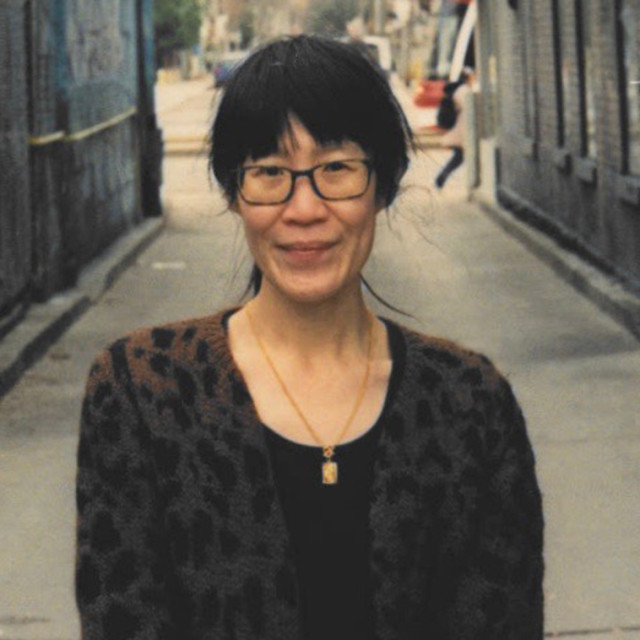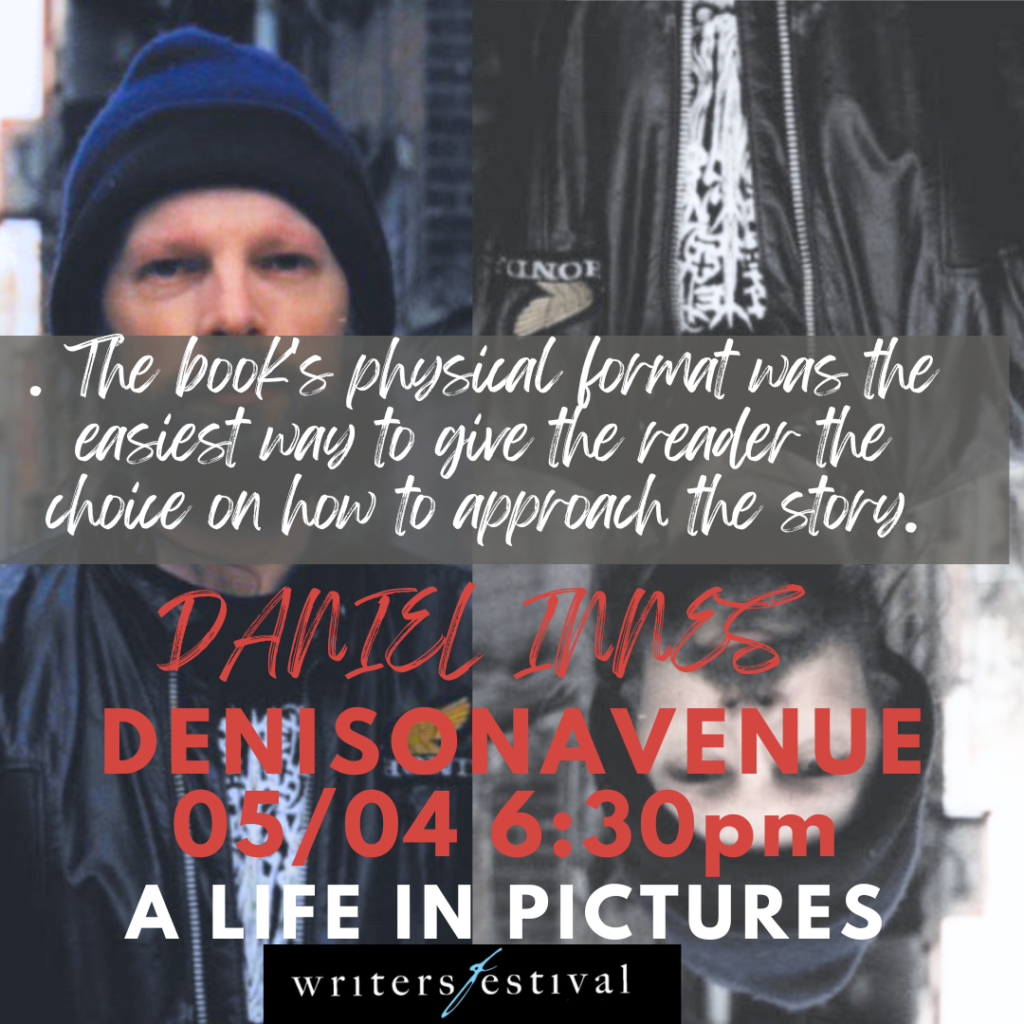“In terms of having our story set in Chinatown-Kensington Market, you can replace Toronto with another city in North America (like Ottawa), and it’s the same story across all Chinatowns and other gentrifying neighbourhoods and what they, and the communities within them, are doing to survive and not be pushed out.”—Christina Wong
I wasn’t planning on writing this interview. Cards on the table, though I have been an occasional contributor to this blog for well over a decade, I work at (the real) Ottawa International Writers Festival as their Community Outreach manager. But someone needed to cover Denison Avenue (a Canada Reads Finalist) and the people it represents, so I begged, pleaded, and cried my way into sharing with you a work that I love and I hope you will too. Thanks to the editors for obliging me.
Ottawa International Writers Festival (Spring edition) opens today, May 2, and runs until May 5 with many exciting events happening every day, highlighting powerful authors with impactful stories in all genres—fiction, politics, non-fiction, science, history, memoir—from all over the world. Local authors Sara Power and Sheila James are highlighted in opening-day festivities.
Denison Avenue is a book, and a story, told in a collaboration of complete creative freedom between Christina Wong and Daniel Innes. One a celebrated playwright, poet, and novelist, and the other a celebrated and storied visual artist.

Christina Wong. Photo provided.
Both artists (one through words and one through illustrations) tell the story of a woman named Cho Sum, a first-generation Chinese-Canadian, who early on in the book loses her husband, in a blending of language and layout that will leave you breathless and alive. She is left to walk her neighbourhood of Chinatown-Kensington Market alone, facing a changing landscape, new barriers, and a journey through an area she once knew and is relearning.
When I asked about their collaboration, Innes told me, “Throughout the creation of the book we were in constant conversation about the specific locations, but separating the text and illustrations allowed us to work independently on our sections, to tell the same story in our own way. The book’s physical format was the easiest way to give the reader the choice of how to approach the story, to start at either end.”

Daniel Innes. Photo provided.
“Themes of loss, grief, and love are emotions that everyone experiences—with people, places, and communities,” adds Innes. “So in that sense, I think the book spoke to readers in those ways, regardless if you speak Toisan, or are from that demographic, or not from Toronto and not familiar with [those] streets or shops.”
“I was taught in playwriting that the more specific and detailed you are, the more universal something becomes and the more it can resonate with people,” says Wong. “They can see themselves reflected in the story.”
Kim Quiogue Andrews heads the Creative Writing program at the University of Ottawa. She’ll be hosting the “Life in Pictures” event on Friday, May 3, which will be a panel discussion deep dive into this story with the authors present.
“Reading about lives that are not yours, that take place in places with which you are wildly unfamiliar, serves to broaden your sense of what you yourself are a part of,” says Andrews. “In the case of Denison Avenue, the images and narratives of racialized displacement and gentrification will be familiar to anyone who lives in a large North American city. Reading about where you’re not, you might gain a more crystalline sense of where you are.
Toronto is not Ottawa. Reading this book will hopefully make one wonder: what’s the history of Ottawa’s Chinatown? What narratives about being an Asian immigrant in the nation’s capital might be hiding in plain sight?”
Mylene Burrows, a 12th-grade student at De La Salle High School, summed up so much of what’s to love about Denison Avenue: “Reading about the cultures around me and learning more about the people I know provides me with gratitude for my own community. It allows me to explore new neighbourhoods and leads me to find hidden gems in my own Ottawa.”
As part of the “Life in Pictures” event, Denison Avenue, Christina Wong and Daniel Innes ask Ottawans to sit with the voices of people we can’t always bring ourselves to listen to.
Christina Wong, Daniel Innes (virtually from Japan!), and Kim Quiogue Andrews join Tessa Hulls, the author of Feeding Ghosts, at the “Life in Pictures panel” this coming Friday at 6:30pm, hosted at Library and Archives Canada. Tickets range from $20 to $40 for non-patrons, and are free for patrons.








